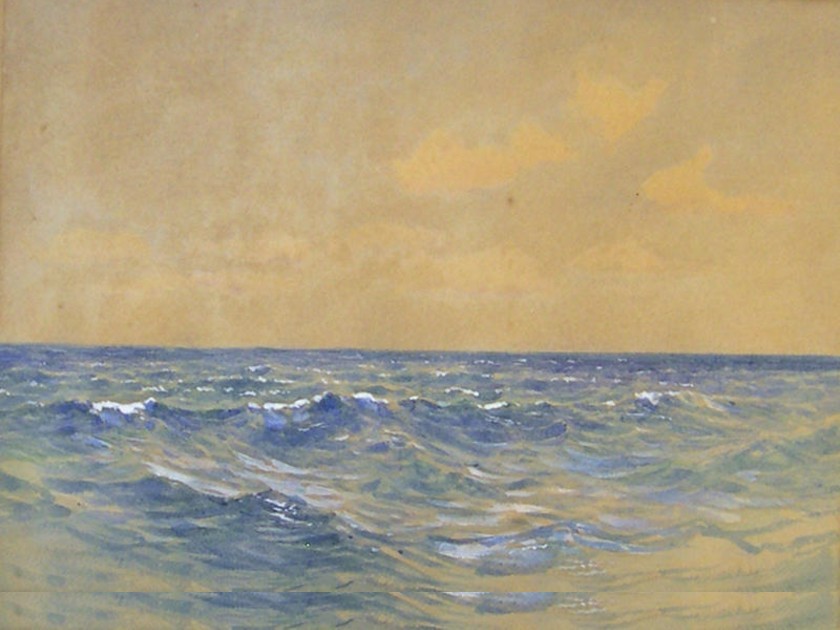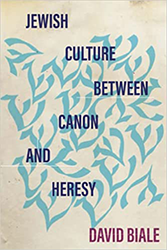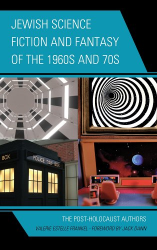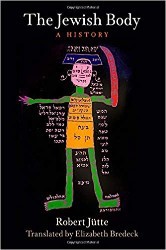
James Crowe Richmond, Blank Ocean and Mere Sky
There was a white mosque by the Black Sea
In the village of Ak-mechet.
A few dozen Tatars tended their vines and their sheep
As a lone Jewish blacksmith shod their horses in peace
And hammered out wagon wheels.
He was a simple man in a simple world,
God-fearing and silent.
He followed his seasons in inward prayer, sky and sea,
Sky and sea, praise and iron, iron and praise.
Nobody in Ak-mechet remembers the white mosque.
There is no photograph, no ruin. But one ancient
Mention by a passing traveler who fancied
Himself a writer and man of the world,
Found now only on the internet’s remotest pages.
For the book is lost and the mosque long destroyed.
The vines and the sheep a dream, the horseshoes and
Wagon wheels a nightmare.
Leaving only the Black Sea, the Black Sea,
The Black Sea and the name of the village,
Ak-mechet: white mosque.
The simple blacksmith is now more legend than memory.
On the farthest end of the cosmos, his great great
Grandson is also a Jew, sky and sea, sky and sea,
Praise and iron, iron and praise.
Without horse or hammer, he too sometimes fancies
Himself a writer and man of the world. Such days
He follows in inward prayer, scanning his traveler heart
For the white mosque by the Black Sea, entering
Ak-mechet the God-fearing,
Ak-mechet the silent.
Into the empty steppeland he calls:
O Dede, my grandfather.
As a child I was awed by your mystery.
Now, holy ancestor, speak to me.
Into the white wind he accuses:
Your purity was no good to me.
You chanted the sweetest of melodies
But only to God.
Into the black waters he cries:
You cast your hammer and wheel to the depths
Of the sea. I searched but I never did
Find them there.
With what shall I hit now, my Dede,
And upon what shall I strike?
And whom shall I praise, my Dede,
If not you, if not you?
His hands pound the keyboard again, and again.
No matter the words, no matter the rhyme,
No matter the song, no matter the tears,
No matter the sea and no matter the sky,
No matter the book or the wind or the prayer,
It always comes out the same, the same:
There was a white mosque by the Black Sea
In the village of Ak-mechet. There was…
Sky and sea, sky and sea, praise and iron,
Iron and praise.
This piece is a part of the Berru Poetry Series, which supports Jewish poetry and poets on PB Daily. JBC also awards the Berru Poetry Award in memory of Ruth and Bernie Weinflash as a part of the National Jewish Book Awards. Click here to see the 2020 winner of the prize. If you’re interested in participating in the series, please check out the guidelines here.
Rabbi David Osachy is a healthcare chaplain in Jacksonville, Florida. He descends from Yahudiler, also called Krymchaks, the Turkic-speaking Jewish population of Crimea and southern Ukraine. These small communities of traditional artisans and petty traders were almost entirely annihilated in the Nazi Holocaust. The white mosque of the poem was destroyed, and the local Muslims expelled, in the mid-nineteenth century after Russia gained control of the area from the Ottoman Empire.



